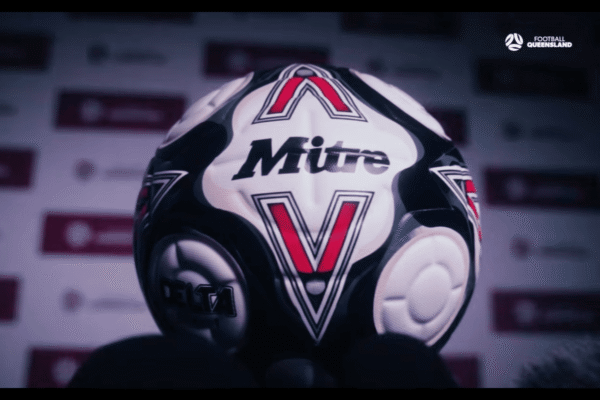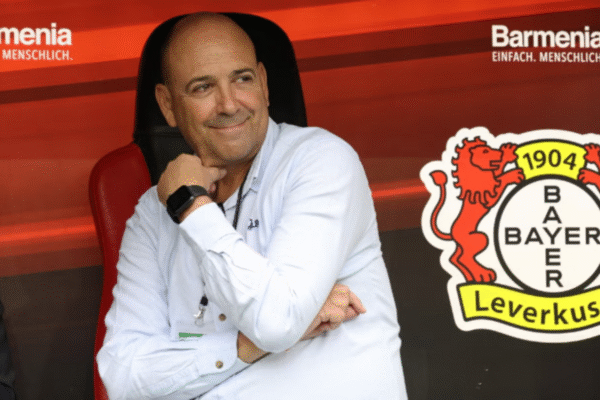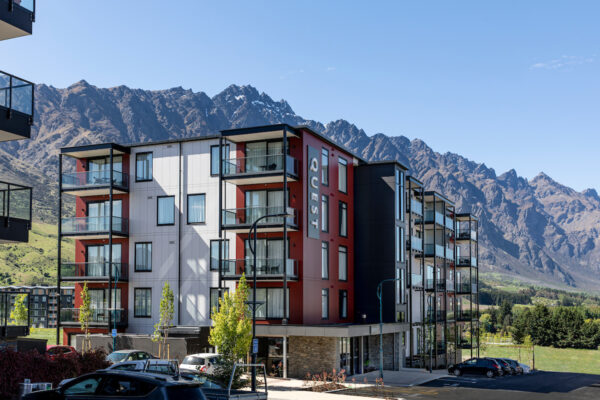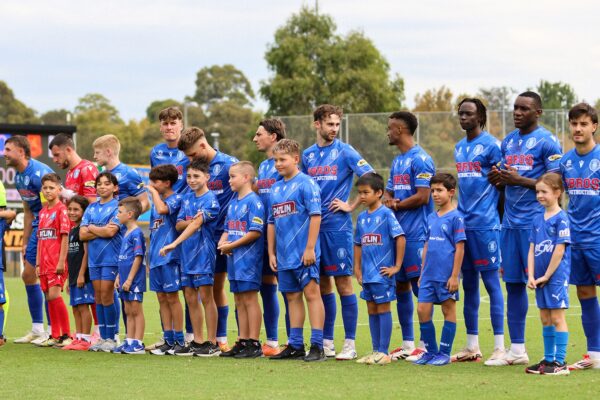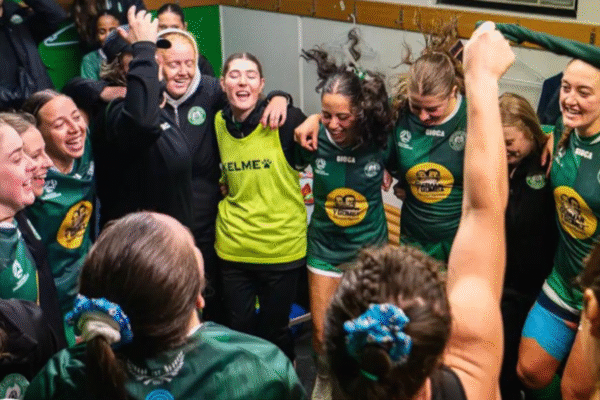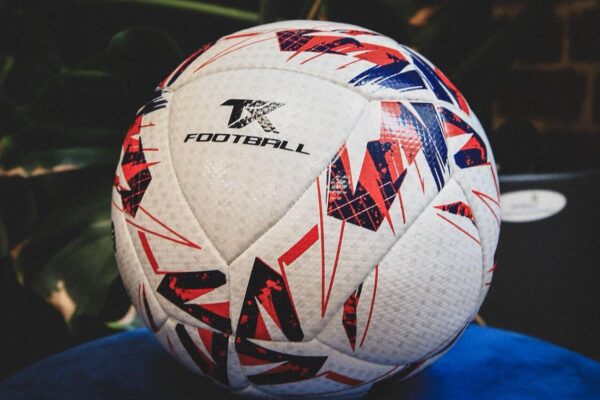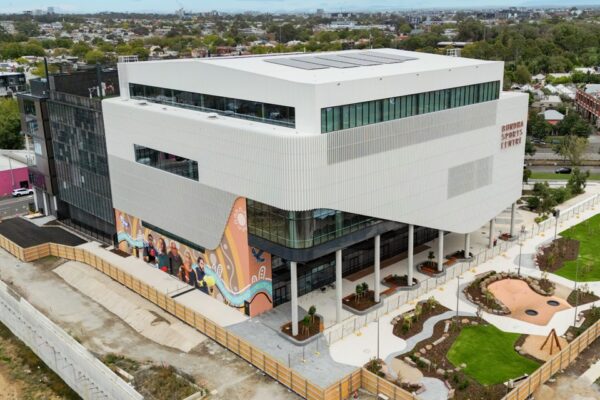
After agreeing to a cooperation with Sustainable Energy Systems (SES), Vitória Sport Clube announced that it would become one of the first Portuguese Primeira Liga football teams to begin a significant solar energy project.
The concept calls for the installation of two solar energy production plants at the club’s training facility and their stadium (Estádio D. Afonso Henriques) in Guimares. A total of 1,900 photovoltaic panels will be installed, and Vitória claims that this project will provide it a 45% energy autonomy.
By preventing the emission of 654 tonnes of CO2, or the equivalent of 4,575 trees, the initiative will have a positive environmental impact. Vitória is certain that the plants will be able to provide 351 nearby homes with clean power.
President of Vitoria SC António Miguel Cardoso stated via press release:
“It is an important partnership and Vitória has a great social and environmental responsibility. SES is a partner that has worked with us since the beginning and will continue into the future,” he said.
“There is a concern to optimise the electrical production, as well as consumption and, above all, to optimise and supply energy to the community at reduced costs. We are very happy, we know that we are innovative in this area and we want to be part of the community and Vitória with social responsibility.”
SES Executive Director Paulo Silva was equally confident in how the project would take shape, adding via press release:
“These centres make it possible to install as many solar panels as possible for maximised energy production, from which Vitória will benefit, also reducing its own consumption and contributing to the decarbonisation of its global sustainability project,” he said.
“Surplus energy can be sold in the community, in this particular case within a radius of two kilometres. Any resident or commercial venue can benefit from sustainable and renewable energy produced by Vitoria SC.”
Vitoria SC will be one of the first sports clubs in the Primeira Liga to have a community of energy in its own stadium. This is the first project in a series of initiatives that SES will develop together with Vitoria SC.



